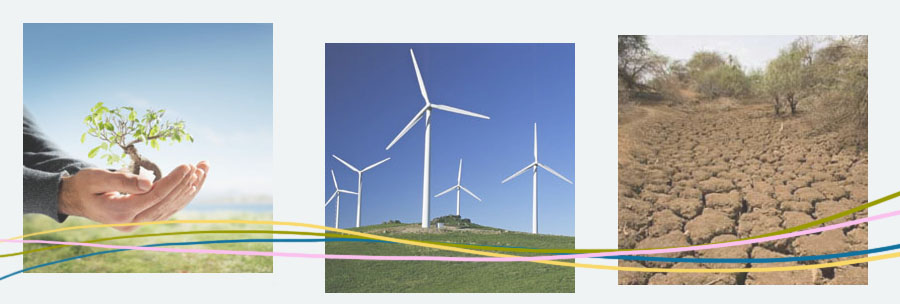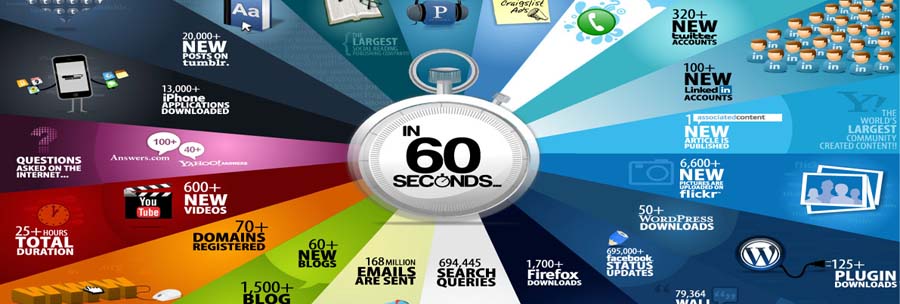- HOME
- Media
- Programs and projects
- GK4D Community Equipment
- Campaigns
-

Agriculture and Rural Development
- Networking & partnership
- Business opportunities
- Sustainable development agreements
- Projects studies & development
-

Terms of reference of strategic call for proposals
- High level expertise
- Definition of policies and promotion of pilot initiatives
-

Master Study Program development
- Curriculum design and development
- Multicultural teaching environment
- Master development and management
-

Media Literacy and (youth) intercultural Communication
- New media and networking
- Needs assessment
- Programs and projects development
-

Arab Human development
- Social movements and media
- Knowledge-based society
- Participatory governance
- Development of new opportunities
| info@gk4d.eu |
MEDEV
MEDIA & ADVOCACY FOR SUSTAINABLE DEVELOPMENT
Background
Many people in the world still describe and feel the warmth, novelty and power generated by the United Nations Conference on Human Environment (UNCHE, Stockholm 1972). It was a major move for the cause of human rights and sustainable development throughout the world. States and non-states actors generated a powerful process in the global agenda. The Conference was to agree on Stockholm Action Plan and wide-ranging of commitments at national, regional and international scopes to obstruct the deterioration of the human environment and continue to find out how “to govern better together only one Earth”.
The UN decided to organize a United Nations Conference on Sustainable Development (UNCSD, Rio 2012) in 2012 to commemorate the 40th anniversary of UNEP and the 20th anniversary of the Rio Earth Summit (UNCED, Rio 1992). The UN General Assembly “Encourages the active participation of all major groups, as identified in Agenda 21 and further elaborated in the, at all stages of the preparatory process, in accordance with the rules and procedures of the Commission as well as its established practices related to the participation and engagement of major groups”. The concept is bringing the state and non-state actors to build national and international consultations mechanisms in view to tackle cooperatively the issues of democracy and sustainable development within a broad approach. Johannesburg Plan of Implementation adopted by the World Summit on Sustainable Development (WSSD- Johannesburg 2002) confirmed the importance of education for sustainable development and recommended that the General Assembly considered adopting a decade of education for sustainable development starting in 2005 (UNDESD, 2005-2014).
If (sustainable) development can be seen as a fabric woven out of the activities of millions of people, communication represents the essential thread that binds them together, (C4D, UN/FAO, 1995). Development communication is about diversity, dialogue, democracy, development, partnership, advocacy, sharing of knowledge and information. At regional Mediterranean level: Barcelona convention and Barcelona Process, it is claimed that we need deeper, wider and better coordinated activities through the region for partnership closer to people (Citizens as partners for sustainable development). In other words, the Mediterranean Sea region requires sustained, interactive, integrated communication approach that, over time, will correct information deficit and ensure visibility not just among decision-makers in the region but also across the wide spectrum of scientific community, Media and communication bodies, civil society organizations and business community. We need to consolidate and promote cooperation with pluralistic, independent Media and communication agents and female/male senior professionals (Medias as partners for sustainable development).
The Group Knowledge for Development (GK4D) is offering MEDEV series of communication and capacity building for sustainable development workshops. The aim of these training sessions is to increase the awareness of the themes of Stockholm +40 and Rio+20 and build the capacity at Mediterranean level of major groups, media and knowledge activists to engage with the UN preparatory process, the conference itself and its forthcoming outcomes. The capacity building sessions are open to all major groups’ representatives, media agents and knowledge activists.
The structure and the training material developed and adapted by the Group Knowledge for Development (GK4D) and the Partners reflect the issues being pursued by major groups and other stakeholders as depicted below. Anyone wishing to submit material and reading for the training is welcome to contact abbas.ibrahim@e-campus.uab.cat
A GENERATION OF WE CAN (2012)
| Contact | ||
Group Knowledge for Development |
||